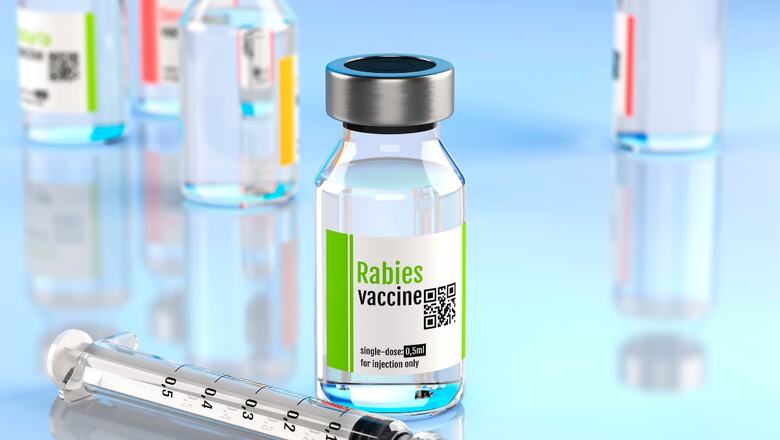
views
With dog bite cases on the rise, the central government has decided to include anti-rabies shots under the National Health Mission’s essential drug list.
According to the Ministry of Health and Family Welfare, there has been a 26.5% year-on-year rise in dog bite incidents in India, increasing from 2.18 million in 2022 to 2.75 million in 2023.
Approximately 75% of the dog bites are attributed to stray dogs. While not all dog bites lead to rabies infection, individuals bitten by dogs are typically advised to undergo anti-rabies vaccine treatment to avoid contracting rabies, which is almost always fatal once the symptoms appear.
Apart from anti-rabies serum, drugs for sickle cell disease and haemophilia are also included under the National Health Mission’s essential drug list.
It means that the medicines to treat these conditions will be made available at Ayushman Arogya Mandir (erstwhile Ayushman Bharat – Health and Wellness Centres or AB-HWCs), primary health centres, district hospitals, sub-district hospitals and community health centres.
The NHM will now provide financial support for the procurement of medicines aiming to reduce out-of-pocket expenses for sickle cell anaemia, rabies, and haemophilia patients. States have been urged to propose budgets judiciously and monitor quantities.
One of the reasons for including the genetic blood disorder sickle cell anaemia and haemophilia is the central government’s focus on eliminating the disease and screening 7 crore people in mission mode for over the next three-and-a-half years.
With a focus on 17 selected states, the government has decided to adopt a “multifaceted” approach to tackle the prevalence of the disease and cover the population from zero to 40 years under the National Health Mission (NHM).
Conditions Impose Financial Burden: Letter to States, UTs
According to the letter written by LS Changsan, additional secretary and mission director, National Health Mission (NHM), sickle cell anaemia, haemophilia, and rabies are serious health conditions. “These conditions impose a financial and emotional burden on families, underscoring the need for counselling, early diagnosis, and availability of medicines for management and prevention.”
Sickle cell anaemia is characterised by sickle-shaped red blood cells, anaemia, and pain, while haemophilia causes impaired blood clotting. Rabies is a deadly viral infection.
To address the issue, the NHM Essential Drugs’ List has been revised to ensure the availability of sickle cell anaemia drug hydroxyurea, anti-rabies serum, anti-haemophilia factor VII, VIII, IX and APCC (Activated Prothrombin Complex Concentrates) inhibitors at healthcare facilities.
‘Ensure Availability & Propose Budgets Judiciously
The letter, dated January 16, has been sent to additional chief secretaries, and principal secretaries of all the states and Union Territories.
It requests all the states and UTs to ensure that hydroxyurea and anti-rabies serum are available at sub-centre and primary health centre (PHCs) and Urban Primary Health Centres (UPHCs).
Additionally, the letter requests the availability of Factor VII, VIII, IX, and APCC at Sub-District Hospital (SDH) and District Hospital (DH) as per need and number of patients.
Under the NHM, the letter said, financial support will be provided for the procurement of hydroxyurea, anti-rabies serum, Factor VII, VIII, IX and APCC to reduce the out-of-pocket expenditure born by sickle cell anaemia, rabies, and haemophilia patients.
“States are requested to rationally propose their budget for factors and APCC and monitor the quantities closely,” the letter said.











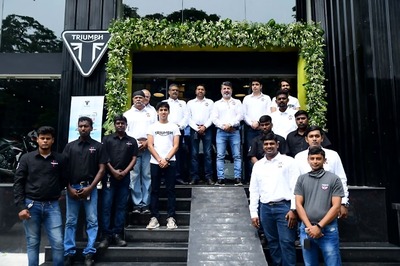
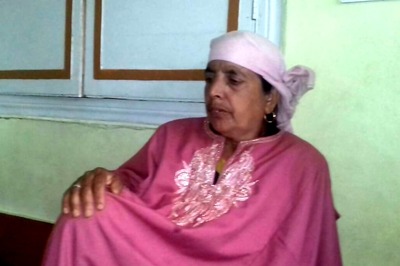
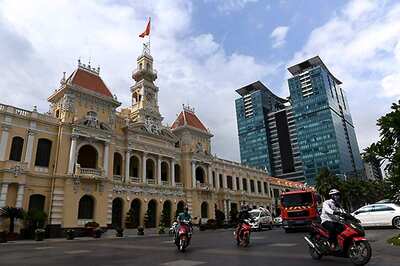
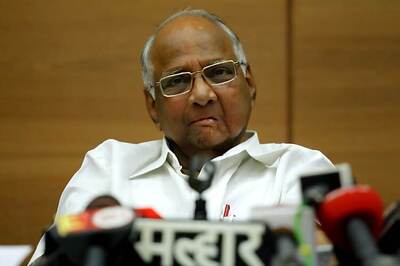



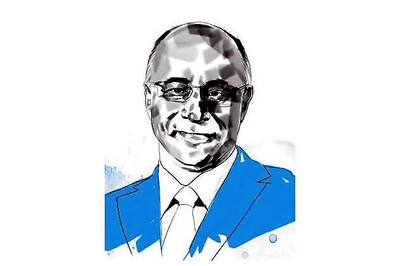

Comments
0 comment